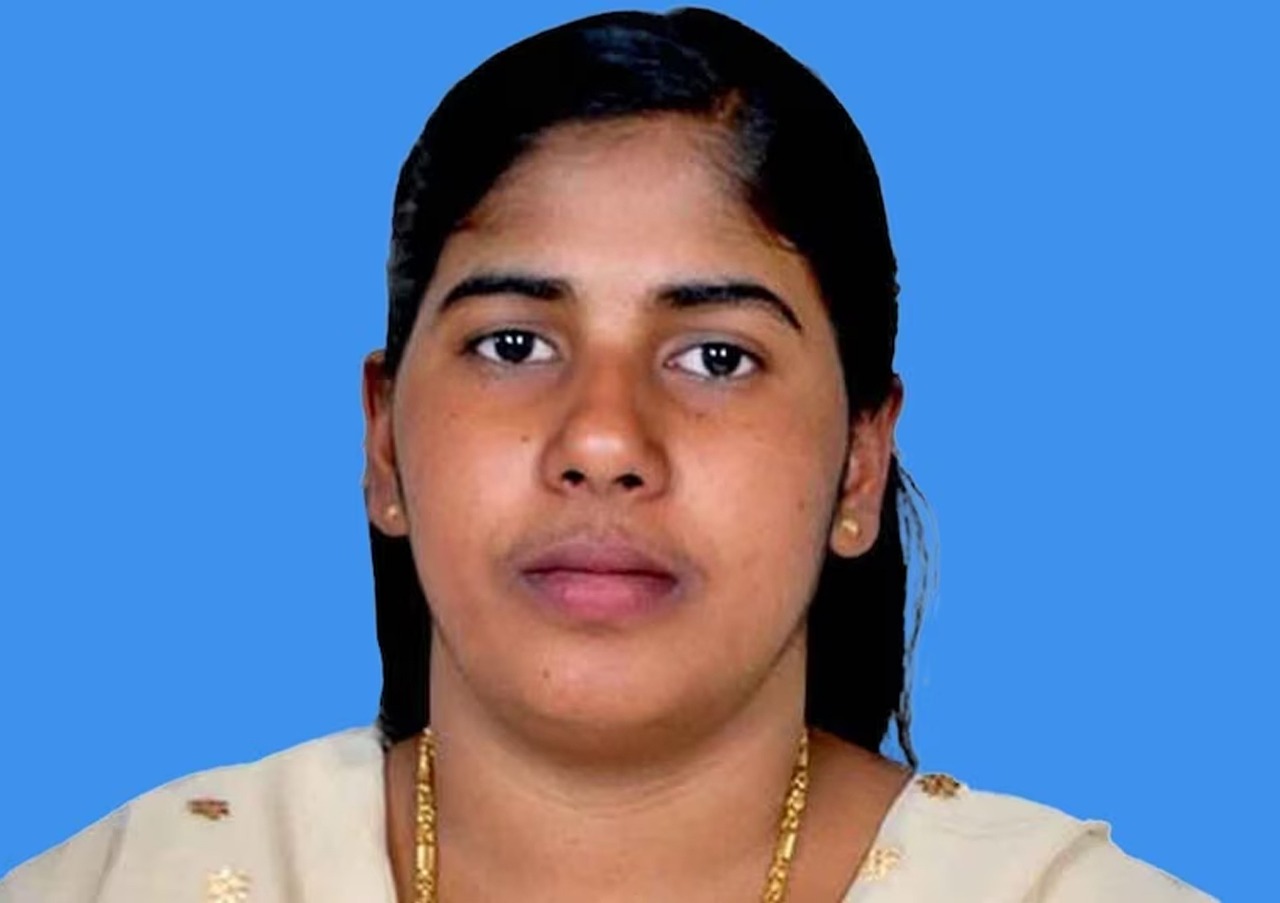
NEW DELHI:
Sources confirmed on Tuesday that the date of Kerala nurse Nimisha Priya being sentenced to death in Yemen was postponed. The Yemeni authorities had already scheduled the execution to take place on a Wednesday 16 July, but with some last-minute religious and diplomatic pressure they have granted a reprieve.
Priya, a 38 year old woman of Kollengode, Palakkad district in Kerala was found guilty of murdering her Yemeni business partner Talal Abdo Mehdi over a family money dispute and her passport issue around April 2020 and was sentenced to death. In November 2023, Yemen Supreme Judicial Council appealed to the conviction.
She has been detained in Sanaa’s central prison since August 2017, when she was arrested attempting to flee the country. Yemeni authorities accused her of administering a lethal overdose of sedatives to Mehdi.
The execution was to take place on Wednesday, 16 July, but was postponed following intensified efforts by the Indian government, Kerala Chief Minister Pinarayi Vijayan, religious leaders, and diplomatic channels . CM Vijayan appealed directly to Prime Minister Narendra Modi in a letter on 14 July, stating the case “deserves sympathy” and urging urgent intervention.
Negotiations for a pardon under Yemeni Sharia law remain ongoing. Under the concept of “blood money,” the victim’s family may agree to a settlement in return for reprieve. However, the Mehdi family has yet to accept such offers, despite attempts to negotiate a sum of blood money.
Humanitarian and legal groups formed the Save Nimisha Priya International Action Council, raising at least USD 40,000 to initiate negotiations. India’s Ministry of External Affairs has described the case as “extremely sensitive,” acknowledging that diplomatic options are limited due to the ongoing conflict in Yemen.
In addition to diplomatic outreach, religious leaders have intervened. A prominent Sunni cleric reportedly attempted to broker forgiveness through “blood money” appeals. Meanwhile, court petitions, including a plea presented before India’s Supreme Court on 14 July, have called for the government to escalate efforts to secure her pardon.
While the cause for postponement offers Priya a temporary reprieve, the respite remains uncertain. Yemeni law dictates that execution may proceed unless and until the victim’s family formally pardons her by accepting compensation. The execution order was reportedly approved by Houthi-aligned authorities, though no formal date has been reissued following the deferment .
Priya’s family, particularly her mother, who has been in Sanaa since April 2024 and Indian diplomats are racing against time. The focus now turns to whether the Mehdi family will agree to pardoning her under the diya system and how far the Indian government can influence the outcome amid regional complexities.
The postponement signals a brief halt in what has been a high-profile, emotionally charged case. With legal, religious, and diplomatic channels fully engaged, all eyes now remain on potential breakthroughs over the coming days.